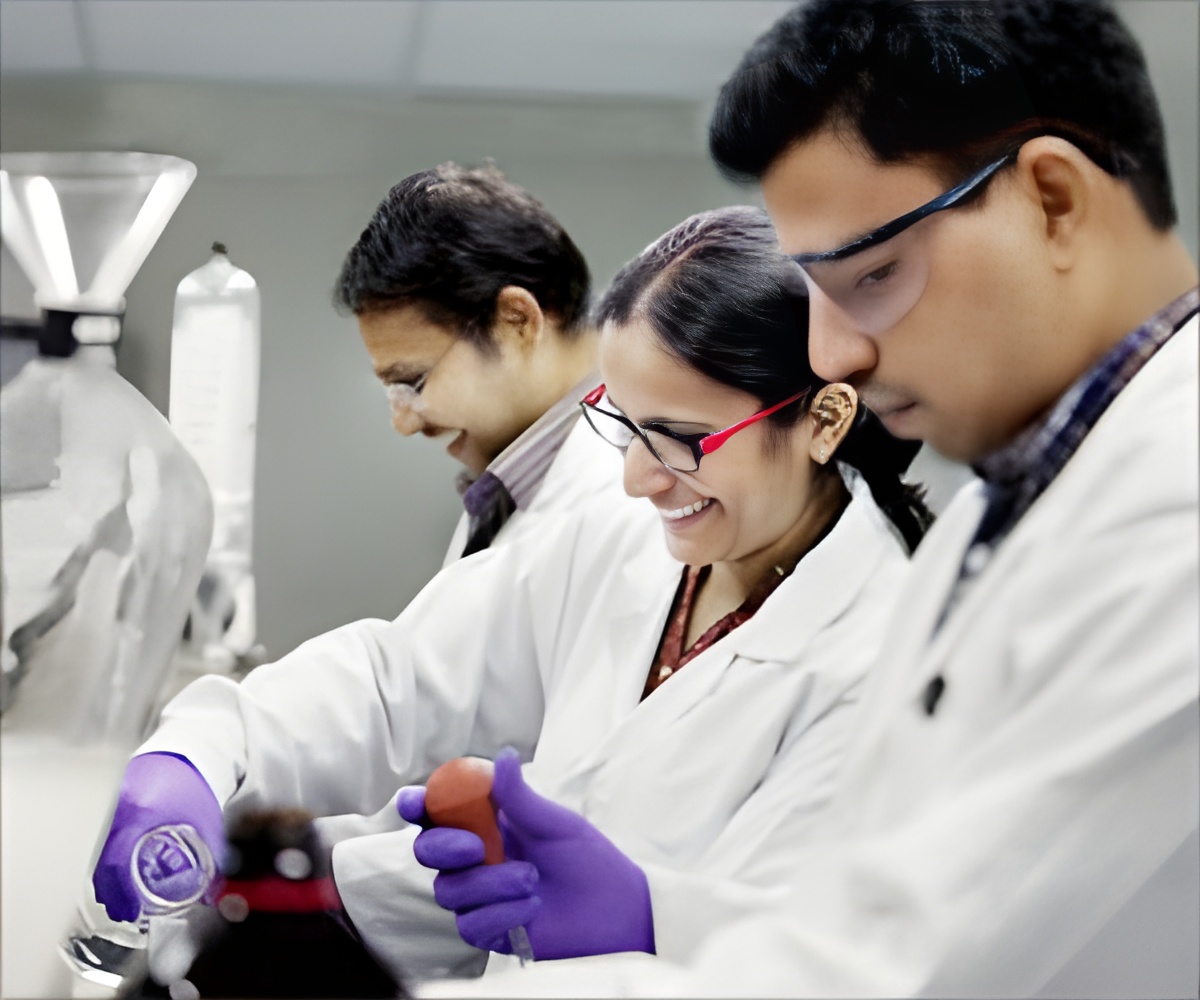This strategy would facilitate the diagnosis of chronically infected individuals in endemic regions with poorly equipped laboratories.

‘Rapid diagnostic tests could be used as an alternative to conventional serological methods in highly endemic regions for Chagas disease, as they are easy to perform, requires less blood.’
Read More..




The acute phase of infection by Trypanosoma cruzi - the causal agent of Chagas disease - is typically asymptomatic and goes unnoticed. Disease diagnosis often occurs during the chronic stage, when symptoms appear. Read More..
The conventional serological tests (ELISAs) used to diagnose the disease are not practical to perform since they require equipped laboratories. In contrast, RDTs are easy to use, do not need cold storage, and require small quantities of blood.
In a previous study, the research team had already suggested using two rapid tests as an alternative to serological techniques for Chagas diagnosis. "We have now taken the RDTs to the field, to test them in screening campaigns performed by mobile teams," explains Julio Alonso-Padilla, ISGlobal researcher and coordinator of the study.
The authors used 685 samples obtained in the Chaco region of Bolivia to compare results from both RDTs - either combined or separately - with the standard serological tests performed in laboratory. They found that the combined use of both RDTs had a sensitivity (i.e. the capacity to detect positive cases) of 97% and a specificity (i.e. the capacity to discern negative cases) of 96.1%, compared to the standard algorithm (based on ELISAs).
The results, published in PLoS NTDs, showed a high prevalence of infection in the region: 44% of analysed samples were positive. "The results of this study support the use of rapid diagnostic tests as an alternative to conventional serological methods in the Chaco and other highly endemic regions," says Alonso-Padilla.
Advertisement






